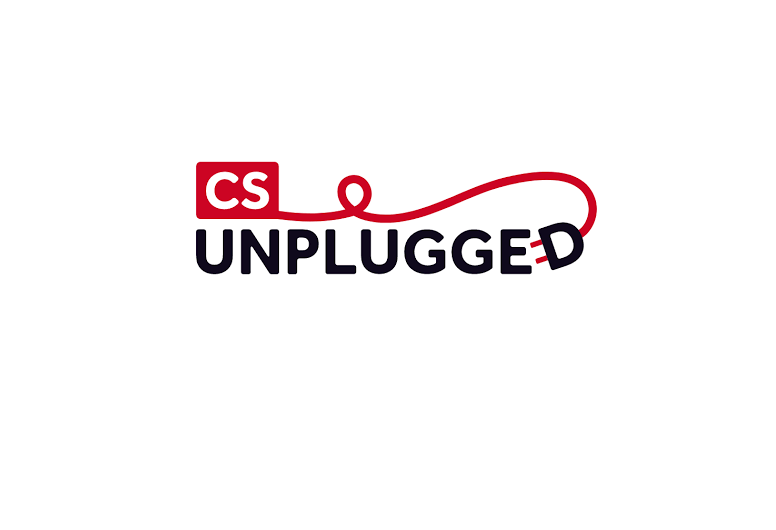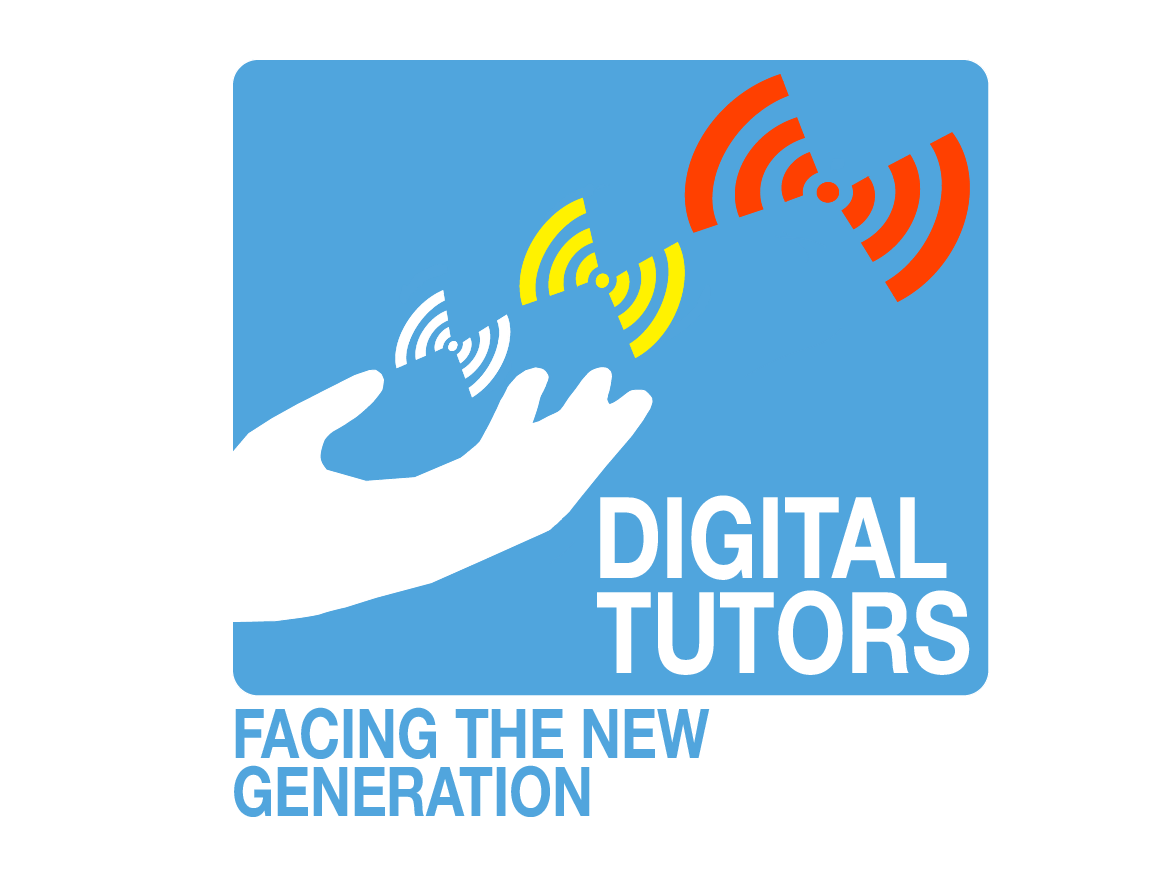
| Title of the resource/tool | CS Unplugged |
| Language of the resource | English | Deutsch | Español | Français | Te Reo Māori | 简体中文 |
| Type of the resource/tool |
|
| Field of application |
Collaborative learning online |
| Methodology of using the resource/ tool |
The primary goal of the Unplugged project is to promote Computer Science (and computing in general) to young people as an interesting, engaging, and intellectually stimulating discipline. CS Unplugged is a collection of free learning activities that teach Computer Science through engaging games and puzzles that use cards, string, crayons and lots of running around. We originally developed this so that young students could dive head-first into Computer Science, experiencing the kinds of questions and challenges that computer scientists experience, but without having to learn programming first. |
| Main functionalities | Thanks to generous sponsorships we have been able to create associated resources such as the videos, which are intended to help teachers see how the activities work (please don’t show them to your classes – let them experience the activities themselves!). All of the activities that we provide are open source – they are released under a Creative Commons Attribution-ShareAlike licence, so you can copy, share and modify the material. |
| Link to the resource/tool | https://www.csunplugged.org |
| Resource/tool operating mode | Web-based |
| Operating systems |
Windows MAC Linux |
| Responsive design |
Desktop Tablet Mobile |
| Resource/tool can be used for |
Synchronous learning Asynchronous learning |
| Access to the resources/tool for the user | No login needed |
| Privacy and security politics | None |
| Pricing | Free |
Competencies improved using this tool
PROFESSIONAL ENGAGEMENT
- Digital continuous professional development
DIGITAL RESOURCES
- Selecting digital resources
TEACHING AND LEARNING
- Teaching
- Guidance
- Collaborative learning
- Self-regulated learning
EMPOWERING LEARNERS
- Accessibility and inclusion
- Differentiation and personalisation
- Actively engaging learners
FACILITATING LEARNERS’ DIGITAL COMPETENCE
- Information and media literacy
- Digital communication & collaboration
- Digital content creation
- Responsible use
Soft skills for digital tutors
